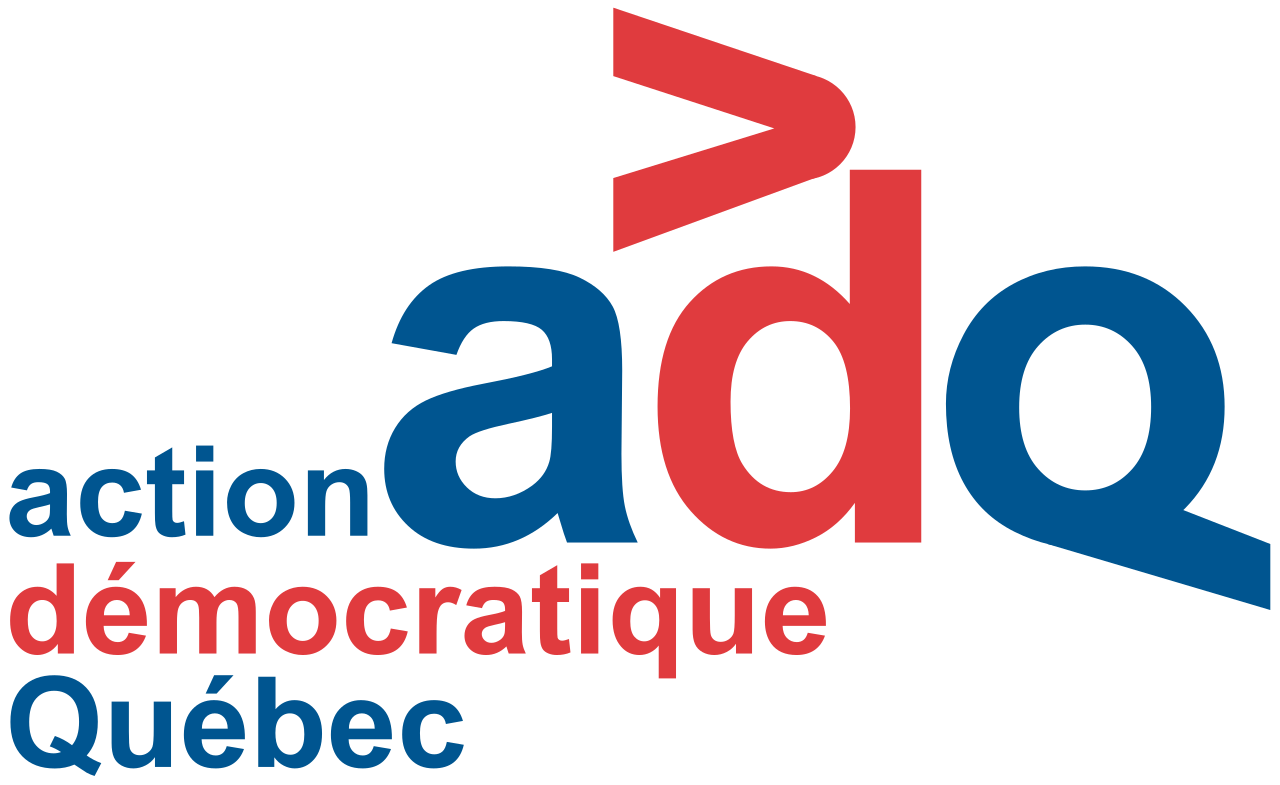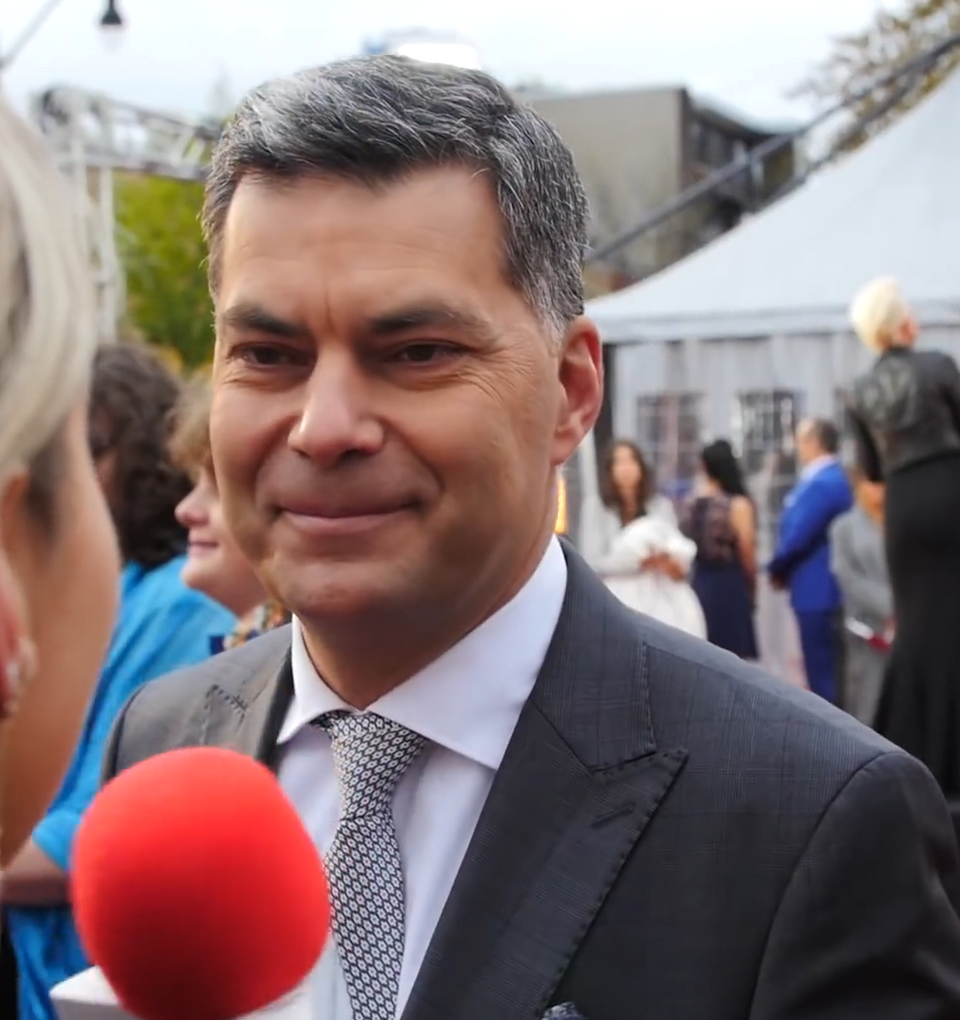The Action démocratique du Québec (ADQ) was founded in 1994 by parting members of the Quebec Liberal Party. It formed the Official Opposition at the province’s National Assembly between March 2007 and September 2008. It merged with Coalition Avenir Québec (CAQ), a new political party, in February 2012.

Historical Background
After the 1992 Charlottetown Accord was rejected, Mario Dumont, leader of the Young Liberals of Quebec, and Jean Allaire, a member of the executive committee of the Quebec Liberal Party, left the party. Its members had decided not to defend the Allaire Report. The report had proposed to amend the Canadian Constitution and claim 22 areas of exclusive jurisdiction on behalf of Quebec.
Parting Quebec Liberal members initially formed Le Groupe Réflexion Québec, followed in December 1993 by Action Québec. The Action démocratique du Québec (ADQ) was founded the following year. Mario Dumont became its leader after Jean Allaire stepped down. At 23 years old, Dumont was the youngest party leader in Quebec. The ADQ presented its first electoral platform on 5 and 6 March 1994, when 612 delegates from all Quebec regions adopted the Plan national de redressement (National Recovery Plan). The Plan included 20 proposals to improve the economy and stabilize government finances.
In the 1994 elections, Mario Dumont won the ADQ’s only seat, in Rivière-du-Loup. Still, the party won nearly 10 per cent of Quebec votes despite the fact that it did not present candidates in all ridings.
Quebec Referendum and the Question of Sovereignty
In June 1995, Mario Dumont signed an agreement with Lucien Bouchard, then leader of the Bloc Québécois, and Premier Jacques Parizeau of the Parti Québécois (PQ). They agreed to unite their parties behind the Yes coalition prior to the referendum on Quebec sovereignty. (See Quebec Referendum 1995). After the referendum was defeated, the ADQ redefined its position as “autonomist.” It asked for more autonomy for Quebec within the Canadian federation.
In the provincial election of November 1998, Dumont was the only ADQ member elected. However, the party increased its overall support by about 500,000 votes. With 15 per cent of the vote, the ADQ fought for the issue of proportional representation in the National Assembly. With its large youth membership, the party also focussed on matters important to young voters, such as self-employment and discriminatory clauses (orphan clauses). It also proposed a 10-year moratorium on sovereignty referenda (see Separatism). Since its creation, the party has sought to occupy a space on the political spectrum between the Liberals and the PQ.
From Official Opposition to Dissolution
In the March 2007 election, the ADQ won a record 41 seats in the National Assembly. The Parti Québécois (PQ), led by André Boisclair, won 36. Meanwhile, the Quebec Liberals under Jean Charest managed to gain 48 seats and formed government. For the first time since 1878, Quebec had a minority government. Vote-splitting had allowed the ADQ to sneak in between the two major parties and become the Official Opposition. During the election campaign, the ADQ focused on the issue of reasonable accommodations of religious and cultural practices. The issue was particularly explosive, falling shortly after the appointment of the Bouchard-Taylor Commission. (See also Quebec Values Charter).
ADQ members who entered the National Assembly in fall 2007 lacked political experience. It was soon apparent that the party also lacked a consistent and cohesive voice. In the December 2008 election, the ADQ fell from 41 seats to 7. The defeat triggered Dumont’s resignation and the ADQ’s first leadership race since the party was founded. Gilles Taillon was elected leader in October 2009. The decision precipitated leadership contender Éric Caire, and Marc Picard’s departure from caucus. Taillon quickly resigned and was replaced by Gérard Deltell in November.
Between 2009 and 2012, the ADQ was represented by four members in the National Assembly. In 2011, a new party, the Coalition Avenir Québec (CAQ), led by former PQ minister François Legault, further damaged the ADQ’s position. After months of discussions, the ADQ decided to merge with the new party. In January 2012, the party member decided to overwhelmingly support this decision. In the September 2012 election, the CAQ won 19 seats, including five former members of the ADQ.

 Share on Facebook
Share on Facebook Share on X
Share on X Share by Email
Share by Email Share on Google Classroom
Share on Google Classroom


